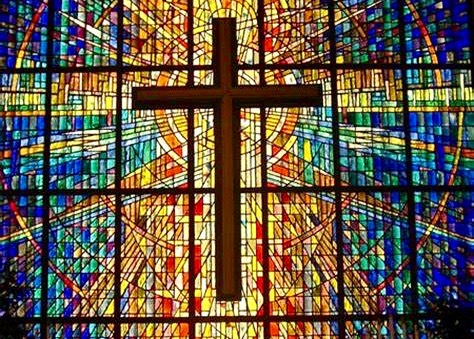by Rev. Tammy Mitchell, Associate Pastor
How many of us have asked, what’s the difference between denominations? Aren’t we all the same? Why are there so many divisions? As much as we may lament over the divisions seen in the church, we also have to realize that most of those distinctives came out of prayerful, theological, and scriptural basis. In the 15th and 16th century, the protestant movement was deeply concerned about the abuse of power, particularly shown at the time by the Roman Catholic Church. In an effort to reform the church to be more scripturally aligned, the Protestants challenged the current organizational governance of the church. The Presbyterian church was birthed from the Reformed movement coming out of Geneva and John Calvin’s influence. It was so important to Calvin and the other reformers to basically do away with any hierarchical governance (pope, cardinals, bishops, etc.). Instead, he suggested that the church should be governed by an elected leadership from the congregation, much like the early church. These folks should be called by God, spiritually gifted, and recognized by the congregation to serve. Together they would lead, give oversight, and prayerful “measure,” or “rule” over the spiritual health and well-being of the church. Hence, the office of elder was born. The church would elect the elders, not as representatives of their constituency (as we do in national politics), but as people they trust to give spiritual leadership. The term “Presbyterian” arises from the Greek word, “presbyteros” which means “elder” or “overseerer.” So, a Presbyterian church is an “elder-governed” church.
There are two different types of elders: teaching elders and ruling elders. Teaching elders are what normally are considered as Ministers of Word and Sacrament, otherwise known as clergy. Ruling (measuring) elders are those from the congregation that are elected to serve alongside the teaching elders. Together they are called the session. Just this past Sunday, the congregation voted to elect three new elders, Ryan Allen, John Scott, and Susan Connor. Each one brings their own calling, gifts and desire to serve PCJH into the future.
The deacons, which are also nominated and elected by the congregation are considered officers or servants of the church. The deacons are the caring arm of PCJH. Their origin stems from Acts 6 where certain people in the early church were designated to make sure those who were sick, marginalized, or required special needs were attended to. As well, during the years of Calvin in Geneva the church was active in caring for the needs of the poor, the refugee, the widow and the orphan. It hasn’t changed over the years, and the deacons today are people who have beautiful hearts to make sure those that require special care by the church are receiving that kind of support and encouragement. On Sunday, we elected Catherine Wade and Sierra Fulton as new deacons, and affirmed Dorothy Neckels and Bill Klyn for a second term.
Let us lift up all those who serve as our elected officers in prayer and let us give thanks to our Lord for all those whom he has gifted and called on our behalf. Praise be to God!


